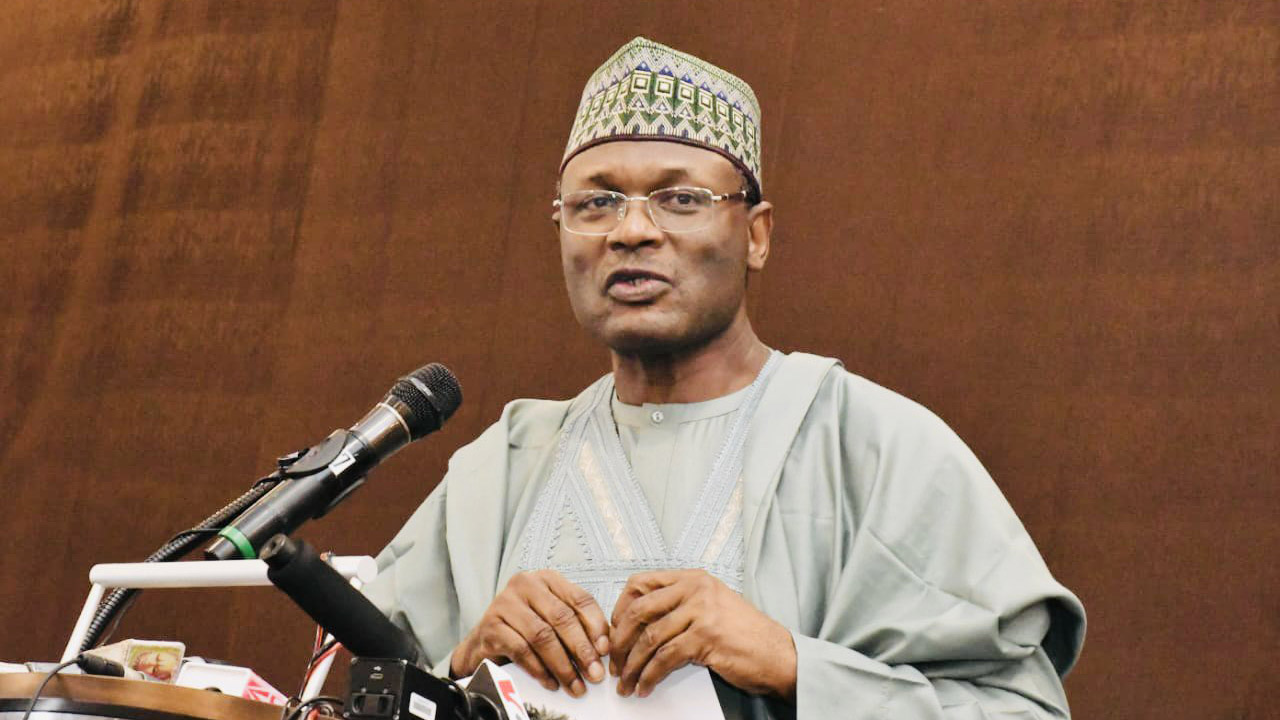‘‘She did not force any African country to remain a laggard”
By Musaazi Namiti
Hours before news of the death of Queen Elizabeth II broke last week, an African-American professor at Carnegie Mellon University fired off a tweet that shocked the world. Uju Anya, who is originally from Nigeria, tweeted that “the chief monarch of a thieving raping genocidal empire is finally dying”.
She added: “May her pain be excruciating.” The tweet was a sensational and radical departure from decorum and went viral, grabbing the attention of famous people such as Amazon founder Jeff Bezos.
Prof Anya’s tweet was in reference to Britain’s support of Nigeria’s civil war, or the Biafra war, in the 1960s, which resulted in the death of more than a million people. A Labour government at the time armed and backed Nigeria’s aggression against a region that wanted to secede. The Queen was the head of state in the UK.
Although Prof Anya’s tweet was not directly blaming the Queen for colonialism, the monarch condoned British colonial rule in Africa. When she visited Uganda and Kenya in the 1950s, colonialists were calling the shots in the two nations. It is, therefore, not surprising that some Africans said she will not be missed.
The suffering endured by Africans resisting colonialism was unspeakable. “Thousands suffered torture in harsh detention camps, with 10,000 people killed during the struggle for independence from 1952 to 1960. Only about 30 White settlers were murdered by the Mau Mau,” wrote Kenya’s Daily Nation in an editorial, referring to the group that fought colonialists.
To be fair, Africa was not colonised only by Britain. Belgium, France, Germany, Italy, Portugal, etc grabbed territories to rule and exploit economically. The adverse effects were serious, and as British journalist Richard Dowden said, the real damage was “the destruction of belief in Africa; the lack of self-confidence; the feeling that we can’t do it”.
But it is misleading to go from this and conclude that colonialism messed up Africa. It has been decades since African countries gained independence. Few have made impressive progress. According to the World Bank, only two African countries, out of a total of 54, are in the high-income category. Many, such as Uganda, cannot even provide reliable electricity. Religious leaders feed the starving Karimojong, yet the government has a Ministry for Karamoja Affairs.
Several months ago, Raila Odinga made comments that must have surprised East Africans. In a video that has been shared avidly, Mr Odinga says that Kenyans do not want to compare themselves with “the worst in the region”. He mentions Somalia, South Sudan and Uganda and bemoans Africa’s lack of ingenuity, saying that while countries such as South Korea — once trailing Ethiopia — are manufacturing cars, fridges, smartphones, etc, African countries would struggle to make a needle.
That was a real clincher. It hammered home the point about our failure to innovate, our inability to believe in ourselves. We can say all we want about the Queen not apologising for her country’s role in colonising Africa, but she did not force any African country to remain a laggard; to sell its natural resources instead of making quality products from those resources. The Queen never told any African that every baby born in Africa by Africans must have a first English name.


